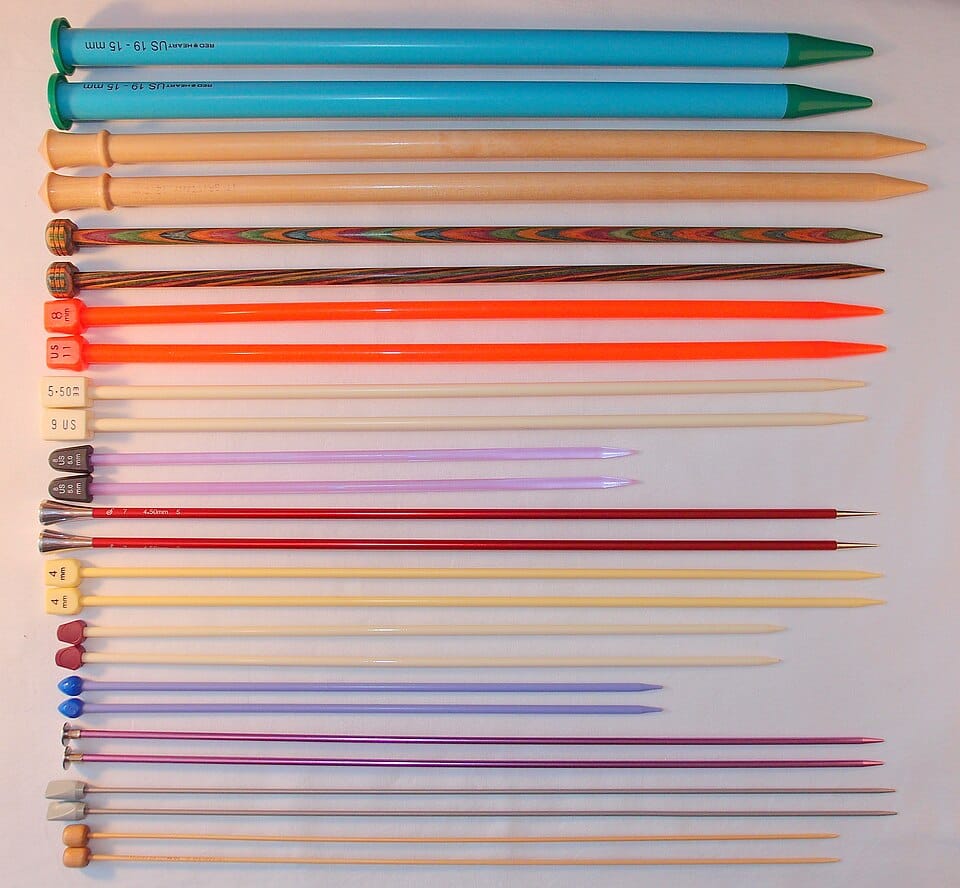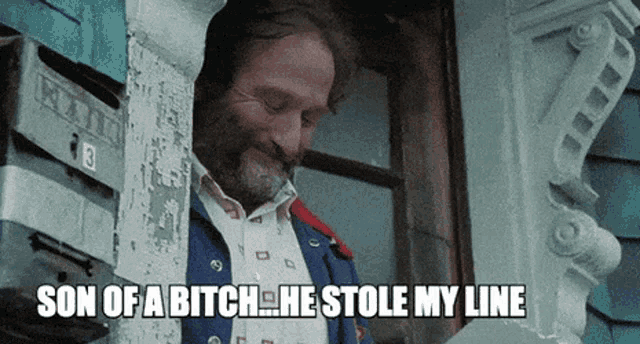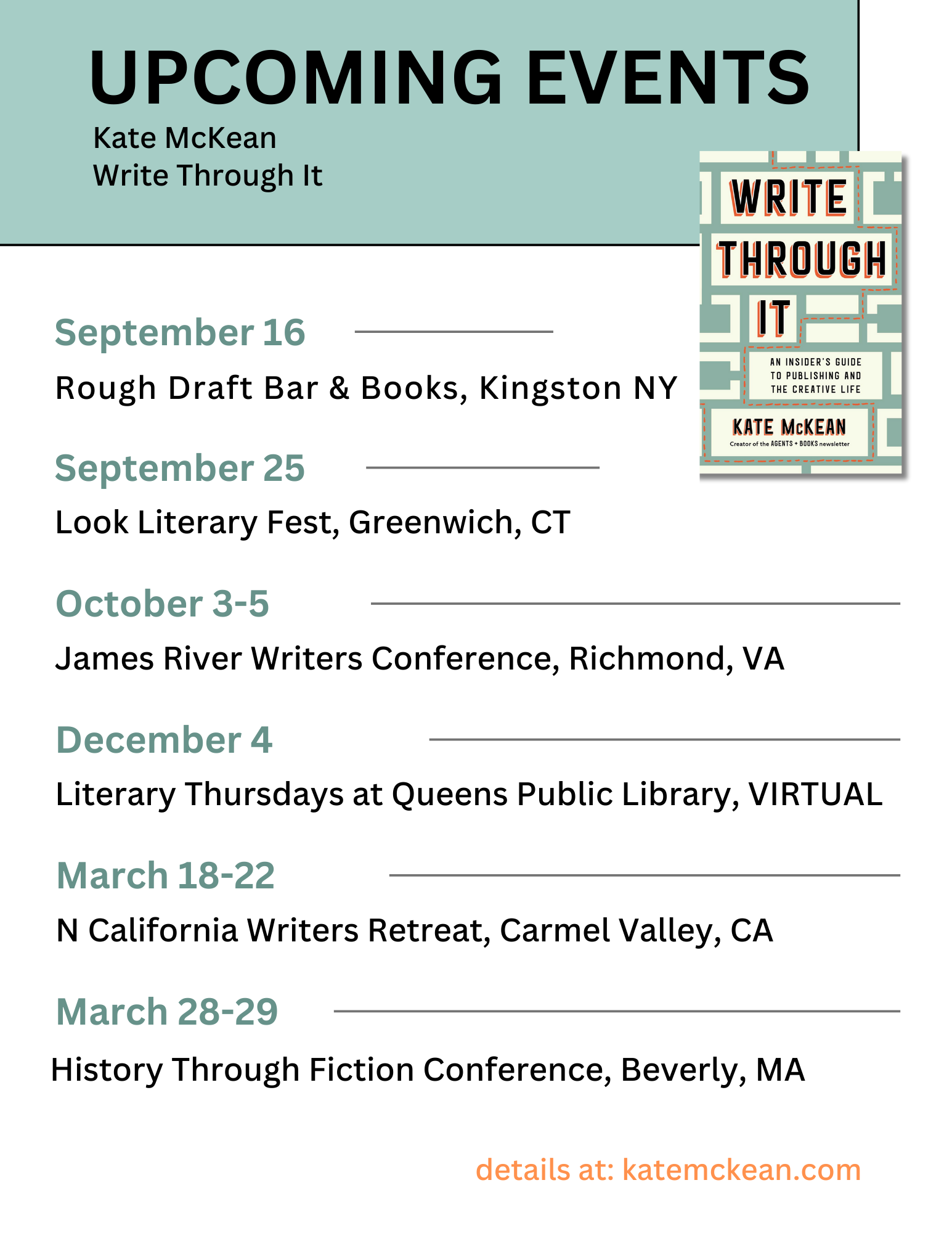What hath thou wrought?
And will it be published?

Hello friends,
I have a lot of things cooking over here in Agents & Books land, and also, it’s back to school time. Maybe those things are related. I love new notebooks time, new jeans and sweaters, new gleaming white sneakers. I always want to start a project in September, and maybe I already am. Maybe you are, too.
But as we talk about projects—the starting and finishing of them—I also want to talk about the discarding of them. The abandoning of them. The moving on.1
Some of you really, really don’t want to do that. And I get it. I really do. You’ve written a book and you love it. You poured your heart and soul into it. It took years, literal YEARS to make, and the idea of nothing coming of that work takes your breath away. I. have. been. there. What’s the point, then, if all that work comes to nothing?
The point was the work. The point is always the work, not the outcome. But I’ll get to that in a second.
There’s a tendency toward entitlement in writing. Like publishing owes you an agent, a contract, a best-seller, because you worked so hard. Long-time readers of this newsletter will know I don’t stand for any of that. Publishing doesn’t owe you shit. Publishing doesn’t owe ME shit, either. It didn’t owe me a book deal for the first seven years I tried to sell a book of my own writing, and that pissed me off! I hated it! You can hate it, too! But all those feelings matter zero percent when it comes to the business side of publishing. You don’t get a book on the shelf because you worked real hard. You, the reader, don’t buy a book because the author worked real hard. There’s no participation trophy in the retail industry that is publishing.
This. is. ok. Because making a book is long and hard and will bleed you dry, but it is the same as making a sculpture or a big painting or a seven-layer cake or 600 cookies for the class bake sale or a cable knit sweater or your first home-sewn dress or refinishing your floors or decorating your bedroom or planning Thanksgiving dinner for 14 people. You do those things because you want or have to, because you signed up for it, because the doing of it tickles your brain somehow. And some of it will work and some of it won’t. The turkey will come out dry one year, and not the next. You’ll rip out the same cable fifteen times but the other ones will fly off the needles. You will hate the first stroke you make on that big, expensive canvas and then just roll with it because there’s so much other white space to fill and you can’t afford to throw the whole thing in the trash. You’ll salvage it somehow.
Failing, or underperforming in any of these areas, these artistic and/or practical endeavors, is a fact of life. It happens and you deal. You adjust the cooking time for next year’s turkey. You choose an easier cable pattern next time. You rip it up and start again. But, like, you don’t get your money back from the store for the turkey because you overcooked it or your oven is wonky. It’s done and you move on. Maybe you think your whole family is talking about how dry your turkey was and maybe they are. But they’re also talking about so and so’s bad haircut and so and so’s parenting choices and forever and ever amen. Deal with THAT, not the turkey. Or just ignore them, like you’re accustomed to.
And so, your book might come out too dry one year. Your cookies might not sell at the bake sale. You might get to the end of that sweater—your first ever completed handknit!—and the sleeves are irredeemably too long and it looks like shit on you. ¯\_(ツ)_/¯ You probably have to start over. Scrap it altogether. You might wear it out five times and then decide it’s just not working for you and put it in the back of the closet or frog the yarn. That’s just how making things goes. You can choose to never knit again, and that’s your choice. But then you never get to knit again.
You might have to trunk your book. You might query 100 agents and get no nibbles and in the cold light of day see how it’s not working (or never see how it’s not working) and strip it for parts, or rebuild it from scratch, or close it for good and start something new. This is normal. This is part of being a writer. This happens to everyone. Maybe it didn’t happen with your first novel. But it could still happen with your third.
You won’t die from this. It’s not terminal. It’s very painful, but it’s not the end of everything. Even if you’ve written your life story and you think you have no other stories to tell, it’s not the end of your writing life. Just think, if that book was a major best-seller, wouldn’t you try to think of another book to write, to capitalize on your success, to appease your adoring fans? Yeah, you would. Maybe that other book is your debut, and your memoir finds its day in the sun another time. You won’t know until you know.
You can only control what you make. If everything you make must be published/a success for you to be satisfied with your artistic life, then you have a tough road ahead of you. No one hits all homers. I hope you will be the exception, but you probably won’t me. I won’t be. I have no idea if I will sell another book that I’ve written. I could quit while I’m ahead, of course. But then I wouldn’t get to write another book.
When I do write another book, I will use something I learned from the failed project. I won’t even realize it until I’ve already done it. I’ll be all:

That’s what makes it all worth it. So, I’m going to do that, the best way I can. I hope you will, too.
OXOXOXO,
Kate
Events! Events! Events!

I’m working on events in Philly and Wilmington, NC, and maybe Boston in the next few months! I’ll keep you posted!
If you think this post is specifically about you, it’s probably not, because we all get to this stage at one point or another in our writing lives. ↩




Comments ()